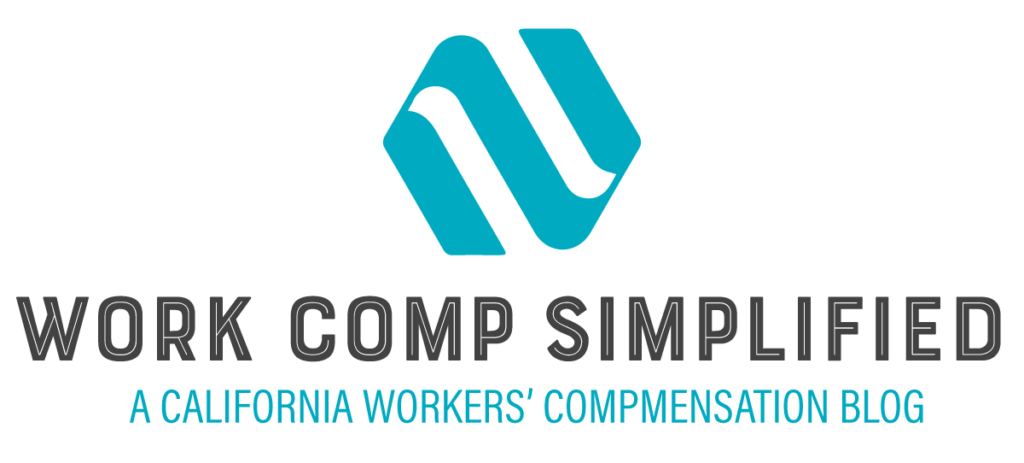In California, businesses and organizations are required to provide no-fault workers’ comp coverage to their employees. When someone gets hurt on the job, they can claim benefits. While workers’ comp is usually the sole and exclusive remedy that an employee has against an employer, an injured worker may file a lawsuit directly against a negligent third party.
In these types of cases, the employer (and its insurance carrier) may recoup some or all of the workers’ compensation benefits from the third-party settlement or verdict. The right to recovery is often pursued through a lien. Here, our Fresno workers’ compensation defense attorney provides an overview of these basic things to know about subrogation and liens in California.
What is a Lien and How Does it Apply to Workers’ Compensation Defense?
As simply defined by the Cornell Legal Information Institute, a lien is a security interest that a creditor obtains in another party’s property. Once a lien is successfully put into place, it will remain effective until the related obligation is resolved.
When appropriate, an employer or workers’ comp insurer could obtain a lien on the personal injury settlement or judgment paid out by a third party to an employee who filed a workers’ comp claim for the same accident.
By obtaining that lien, the employer or insurer can recoup their workers’ comp costs. In essence, this prevents ‘double dipping’ and it ensures that the negligent third party is the one who is ultimately held responsible for the avoidable workplace accident.
California Workers’ Comp Statute: Subrogation of Employer
Third party claims and workers’ comp liens are dealt with under California Labor Code § 3852. This is the state’s workers’ compensation subrogation statute. It is a complex and highly technical area of state law that can be difficult to navigate. That being said, as far as liens are concerned, the statute provides clear rights to employers and their insurance providers.
Section 3852 states that an employer who pays out workers’ comp benefits to a beneficiary has the right to bring a corresponding legal action against a third party. If a lawsuit—the third-party work injury claim—is successful, then the employer can recover for its costs.
Put another way, an employer or its insurance carrier can bring a subrogation action in order to obtain a reimbursement for the money paid that was already paid out. In many cases, subrogation of a third-party settlement is carried out by filing a workers’ compensation lien.

